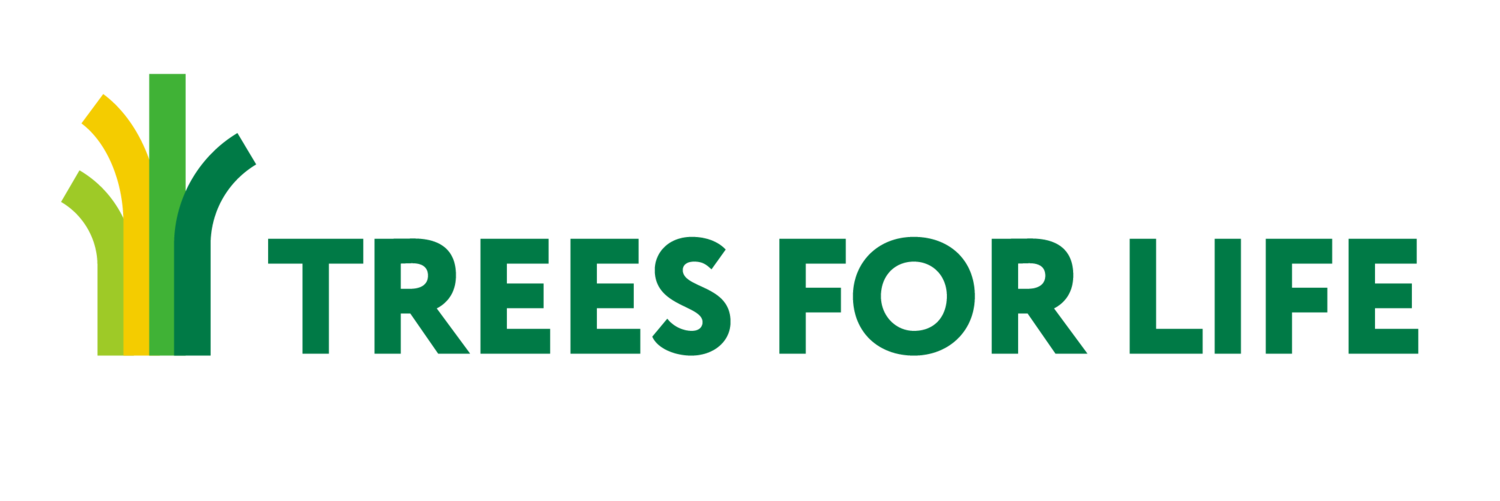Corporal Nick Kerr
A Veteran Volunteer
Corporal Nick Kerr; son, friend, and military veteran, shares his story of allegiance, volunteerism, and healing through tree planting, and how he became a passionate supporter of Trees for Life.
How did you become a part of the Trees for Life family?
I caught the eye of Mark Cullen co-founder, and Mike Hurley, Executive Director of the Highway of Heroes Tree Campaign because I had been making multiple hours-long trips to over 15 tree-planting events in the early days of the campaign. I often planted hundreds of trees in one outing to pay homage to comrades who’d fallen in the Afghanistan War. “Since my very first planting, I've found a sense of closure from the pain of losing my friends, and in the process, helping to heal some of the non-visible wounds I brought home,” said Corporal Kerr. “I prefer an army of trees standing at attention over stone cenotaphs. I was a pallbearer for eight friends I lost, and every time I plant a tree, I think, 'That one is for you, buddy.’" Mark and Mike asked me to be the campaign’s military representative at events and meetings with potential funders to help them spread the word about the Highway of Heroes Campaign. This role was good for me and I was able to help Mark and Mike navigate military protocols and make connections for them.
How does planting trees help you heal?
I wanted to get into volunteering because keeping busy is just something that helps with my diagnosis of PTSD because mine is more about depression. To fight it, I have to keep busy and I have to be involved so that my mind is occupied. Being around people helps, especially new people, I’m inspired by the energy. Volunteering is good for one’s mental health.
I’m infantry, it’s one of the most physically demanding roles in the military. It goes back to World War I and trench warfare – we’re on the ground, digging trenches and getting dirty. It’s relatable to tree planting, digging holes for trees, and irrigation. I grew up in British Columbia so loving the outdoors is in my blood. It’s therapeutic to be working the soil, getting dirty, having fun with new friends, and helping fight climate change at the same time.
What do you think about Trees for Life expanding its mandate to honour health heroes - first responders, nurses, and frontline workers, among others?
It’s huge. There is no question that being in the military is highly demanding. As infantry, it’s the most physically strenuous, and we are putting our lives on the line…but only when we’re on deployment. I’ve been in the military for 20 years and have been deployed overseas 3 times in combat scenarios and domestically 4 times. That’s about 3 years over the course of 20 years. By comparison, nurses, firefighters, paramedics, and frontline workers are deployed and facing the harshest of life’s realities EVERY DAY– that constant pressure builds faster and even more so during the pandemic. It’s their turn to be recognized for their work and the sacrifices they make for the rest of us.
What would you say to anyone who is undecided about joining the Trees for Life community?
Sometimes people think that one person cannot contribute much. That’s not been my experience with Trees for Life. They have a knack for rallying support and bridging gaps to bring various partners together to effect big change. Volunteering anywhere is much needed and positive. But this charity is definitely a good one. You’re planting trees, you’re getting exercise and you’re meeting good people. That’s one of the reasons I continue to support them. The people behind the organization are authentic and purpose-driven.
Whatever your motivation, whether it’s honouring someone meaningful to you or as a way to help fight climate change, planting trees is something we can all participate in through donations of money, time, or expertise – there’s no time like the present!



